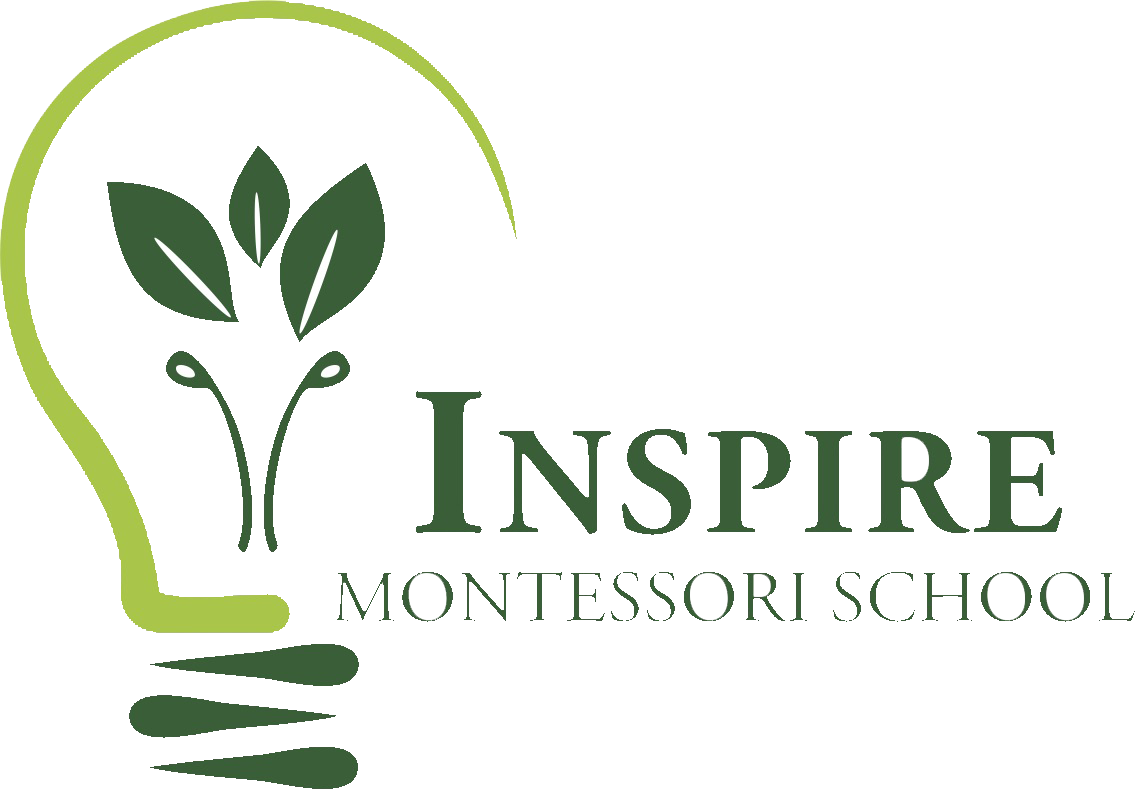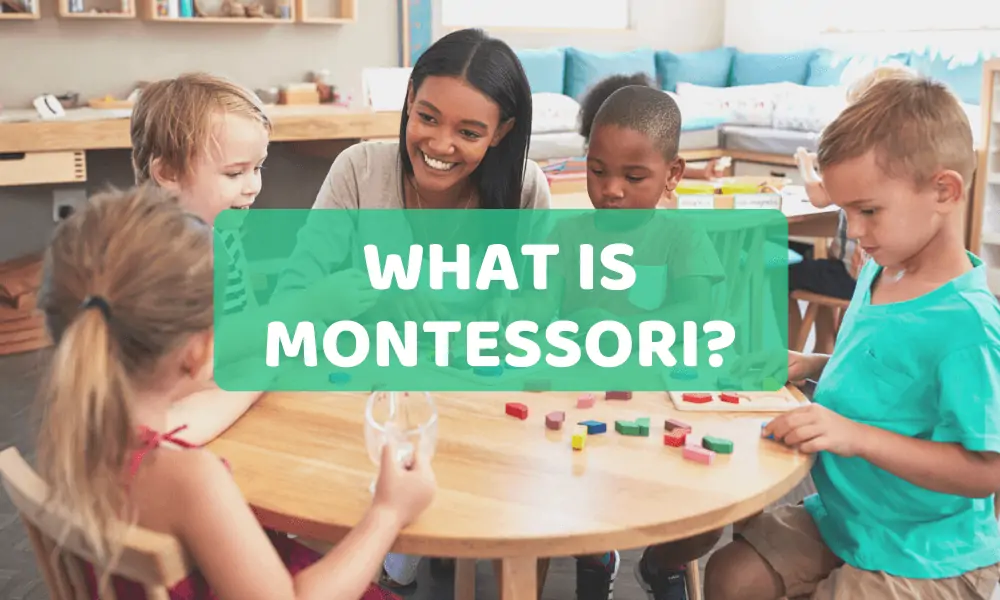Montessori Education: Empowering Children to Reach their Full Potential
Montessori education is a unique and innovative approach to education that was developed by Dr. Maria Montessori over 100 years ago. The Montessori method is based on the belief that children have an innate drive to learn and that the right environment can support their natural development. It aims to foster independence, creativity, and a love of learning in children from an early age.
In a Montessori classroom, children are given the freedom to choose from a range of activities, materials, and experiences that are specifically designed to support their individual development. This includes hands-on, sensory-rich experiences that engage the child’s imagination, curiosity, and creativity. Children are encouraged to work at their own pace and to follow their own interests, rather than being confined to a rigid curriculum or schedule.
One of the key elements of the Montessori approach is the emphasis on hands-on, practical learning experiences. This helps children develop their fine motor skills, coordination, and independence. For example, children may be given the opportunity to explore the properties of different materials or to practice tasks such as pouring and measuring liquids. These activities not only provide the child with a sense of accomplishment but also help them build their confidence and self-esteem.
Another important aspect of Montessori education is the use of multi-age classrooms. Children of different ages and abilities are grouped together, allowing them to learn from and support one another. Older children develop leadership skills and a sense of responsibility as they help their younger classmates, while younger children benefit from the guidance and mentorship of their older peers. This also helps to create a supportive, inclusive community in the classroom, where every child feels valued and appreciated.
Finally, Montessori education encourages children to develop a lifelong love of learning. Children are given the opportunity to explore their interests and to ask questions, allowing them to develop their own sense of curiosity and wonder. This helps to build a foundation for a lifelong love of learning, and encourages children to continue to seek out new experiences and knowledge as they grow and mature.
In conclusion, Montessori education is a powerful and effective approach to education that empowers children to reach their full potential. By providing children with a supportive and stimulating environment, hands-on learning experiences, and the freedom to explore their own interests, Montessori education helps to foster independence, creativity, and a lifelong love of learning.


